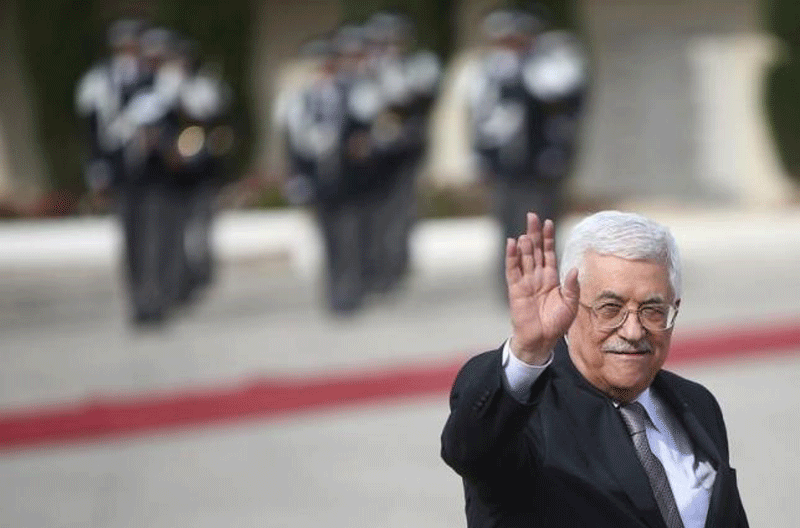Wave of unrest leaves Palestinian president with no good choices
JERUSALEM/GAZA: A three-week-old uprising by knife-wielding, Internet-generation teenagers against Israelis has left 80-year-old Palestinian President Mahmoud Abbas looking like yesterday's man, unable either to oppose the violence or openly endorse it.
Having promised the Palestinian people when he came to power a decade ago that he could bring about an independent state through peaceful means, he now finds himself sitting on top of a wave of unrest he did not call for but cannot easily stop without further eroding his crumbling popularity.
With 67 years separating him from the youngest knife attacker, it is hard enough for Abbas to tap into the frustrations driving a new generation connected by Facebook and WhatsApp. But he also faces threats from without.
Palestinian police under his command may still be coordinating with Israeli troops in the occupied West Bank, but Israeli Prime Minister Benjamin Netanyahu accuses Abbas of inciting the violence and vilifies him on a daily basis.
Meanwhile Hamas, the Islamist group based in Gaza, is actively encouraging a new Palestinian uprising, or intifada, bolstering its popularity and potentially outflanking Abbas's Fatah party, which has seen its support slide. If elections were held tomorrow, polls show Hamas would win them handily.
"This upsurge is mostly all bad for Abbas," said Nathan Thrall, a senior Middle East analyst at the International Crisis Group. "Any change in confronting Israel is necessarily a weakening of Abbas and a strengthening of his Palestinian political opponents, both within Fatah and outside it."
Almost every option the Palestinian president faces is fraught with difficulty.
If he were to throw his support fully behind the violence, it would be a repudiation of what he has stood for for decades, shut off any chance of a return to negotiations with Israel towards independence and alienate world powers he has tried to win to the Palestinian cause.
If he denounces the violence full-throatedly, he risks being seen as a sell-out who has misread the mood and turned his back on the national cause. His popularity is already weak, with a poll last month showing two-thirds of Palestinians want him to resign.
Instead, he has been steering a middle course, using traditional language to praise "martyrs" killed by Israeli forces while condemning attacks like last week's firebombing of a Jewish shrine. His position has disappointed Palestinians while continuing to enrage the Israelis.
Abbas may be hoping for international engagement to come to his rescue, with foreign leaders responding to the violence by pushing for a resurrection of the peace process, in limbo since the last US push for talks collapsed last year.
OUTSIDE ATTENTION
"Abbas is half way up a tree," said Talal Okal, a writer and political analyst based in Gaza. "He's not at the top yet, but he's waiting for the ladder, a ladder in the shape of international intervention, that will allow him to climb down."
UN Secretary General Ban Ki-moon arrived in the region on Tuesday and will try to find ways to calm the violence. US Secretary of State John Kerry will meet Netanyahu in Germany on Wednesday or Thursday and Abbas in Jordan later in the week.
International attention is something Abbas covets. In his speech to the U.N. General Assembly last month he decried the lack of attention the Middle East conflict was getting, and he has tried to internationalise his cause by joining global bodies like the International Criminal Court.
If three weeks of violence, in which eight Israelis have been stabbed or shot dead and 42 Palestinians have been killed, including 19 assailants, prompts the world to reengage on a two-state solution, Abbas may feel something positive has emerged.
"Historically, diplomatic activity in this conflict has increased in response to violence," said Thrall, pointing out that the main peace plans still being discussed were created during the second intifada, which lasted from 2000-2005.
"The U.S. is shifting from largely ignoring this conflict to sending the secretary of state to reinvest in dealing with it. That is something Abbas desires. But the risks that attend this upsurge are much greater for him than the potential benefits."






